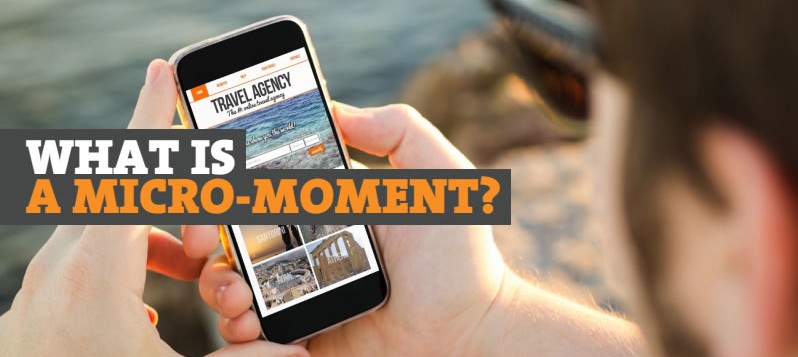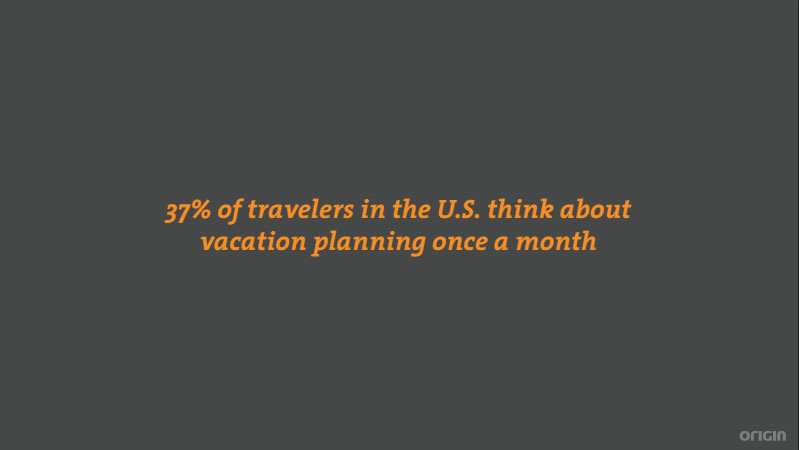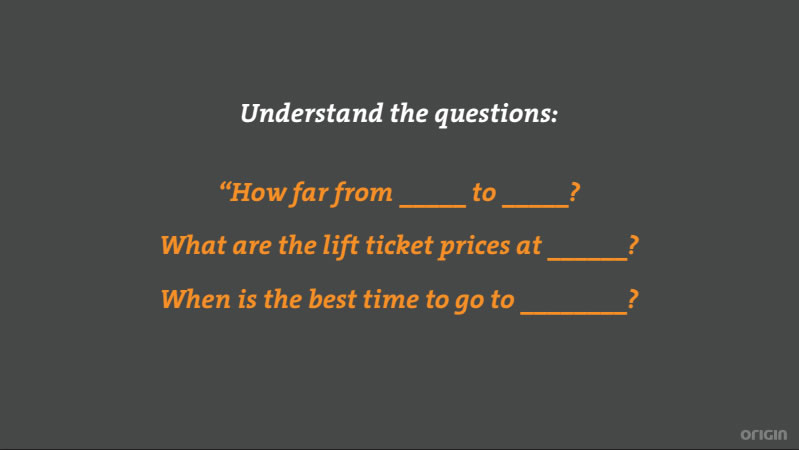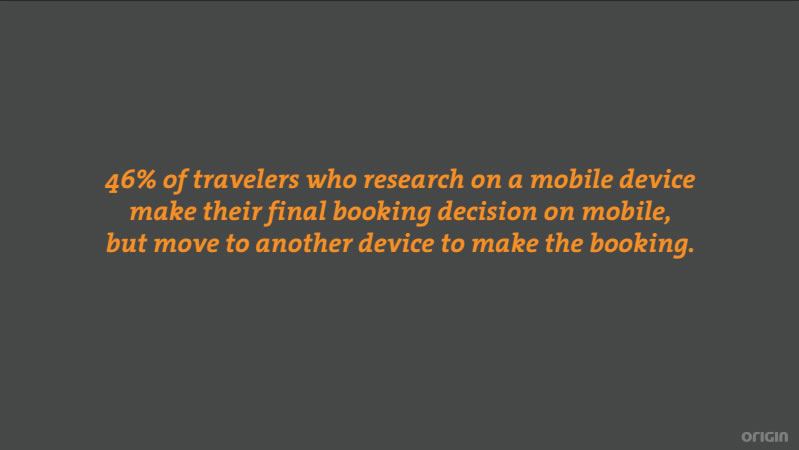Content Marketing (All)
Traveler questions, finding answers, and Origin’s view on the rise of micro moments.


BLANCHARD
I wasn’t able to make it to NSAA this year, but sometimes absence helps me identify the best presentations by how many people mention them in the weeks following. That was certainly the case with Origin’s talk on micro moments. I asked MJ Legault to summarize the gist and she was kind enough to do so. Take it away, MJ.
—
The premise of Origin’s presentation at NSAA was based on research that was released by Google last year. Google has studied the changing behavior of travelers and found that increasingly, people are turning to their smartphones for immediate answers to their travel questions. These new behaviours have had major implications on how we market to our customers. Increasingly, our marketing needs to be there to answer these questions, as opposed to the more traditional method of communicating our key messages.

Google’s consumer behaviour research has revealed a new marketing opportunity that they’re calling “a micro moment”. They define it as “an intent-rich moment when someone acts on a need”. Really, what this means is these are small moments that are critical touch points with your brand and that when you add all these micro moments together, they ultimately decide how that consumer decision journey ends.
We’ve identified four key ways that marketing has changed, but one of the most important changes in the dynamic is that consumers are coming into it with the power.
Here are Google’s 4 moments:
“I-want-to-get-away” moments
These moments happen in a dreaming phase where the customer is starting to think about their next vacation. This phase is very fuzzy and vague for some, and they ask very open, big picture questions that help them imagine themselves having a new experience, or revisiting a past one.

These people want information about what’s possible. They want to see what other people have done. They’re looking to be inspired. What’s astounding is that 37% of travelers in the U.S. dream about vacation planning at least once a month. That number more than doubles when you look at travellers under the age of 35. (Millenials are the most travel obsessed generation ever). So how do we tap these moments? First we need to understand the questions they’re asking.
“I-want-this-trip-to-be-perfect” moments `
These happen in the researching and validating stages. These stages of the consumer decision journey are used by consumers to narrow down exactly where to go and when and why.
At this stage, people are asking questions that are helping them to figure out all the logistical details. They want to know how long it takes to get from place to place, how much it could cost, and best travel times.

They also want to know the differences in ski school programs, lodging options and night clubs that guys on ski trips would like. And they’re looking for this information across all of their devices. Basically, they want to know if the dreaming they did in the previous phase is realistic and they want to be sure they’re making the right decision.
I-want-to-book-it moments
These are ready to buy moments and they are clearly huge for each of us. These are the moments when people put their dollars behind their decisions. But consumers aren’t necessarily finding what they need from brands, especially on mobile:

46% of travelers who do mobile travel research say they made their final booking decision on mobile, but moved to another device to make the booking. There’s a lot of neglect for the booking process in our industry. Some of it is unintentional, but a huge amount is intentional, and shocking. I’ve had ski area marketers say to me, “our customers still really prefer to call us”. I have to often bite my tongue and not say, “well that’s because your online booking funnel sucks”.
I-want-to-make-the-most-of-it moments
These happen in the Experiencing phase of the journey. Our phones have extended the purchasing phase of the consumer journey into the actual experience. This is characterized by the ancillary purchases that happen every day in your resorts and are driven by answers received in micro-moment opportunities. Upon arriving at your resort, a consumer’s mobile search behavior is about overcoming unfamiliarity with their current surroundings.
The presentation includes samples for each of the moments as well as a series of questions that you might ask yourself for each of these stages.
To download the presentation deck, visit:
origindesign.ca/nsaa2016
About Gregg & SlopeFillers
I've had more first-time visitors lately, so adding a quick "about" section. I started SlopeFillers in 2010
with the simple goal of sharing great resort marketing strategies. Today I run marketing for resort ecommerce and CRM provider
Inntopia,
my home mountain is the lovely Nordic Valley,
and my favorite marketing campaign remains the Ski Utah TV show that sold me on skiing as a kid in the 90s.
Get the weekly digest.
New stories, ideas, and jobs delivered to your inbox every Friday morning.
